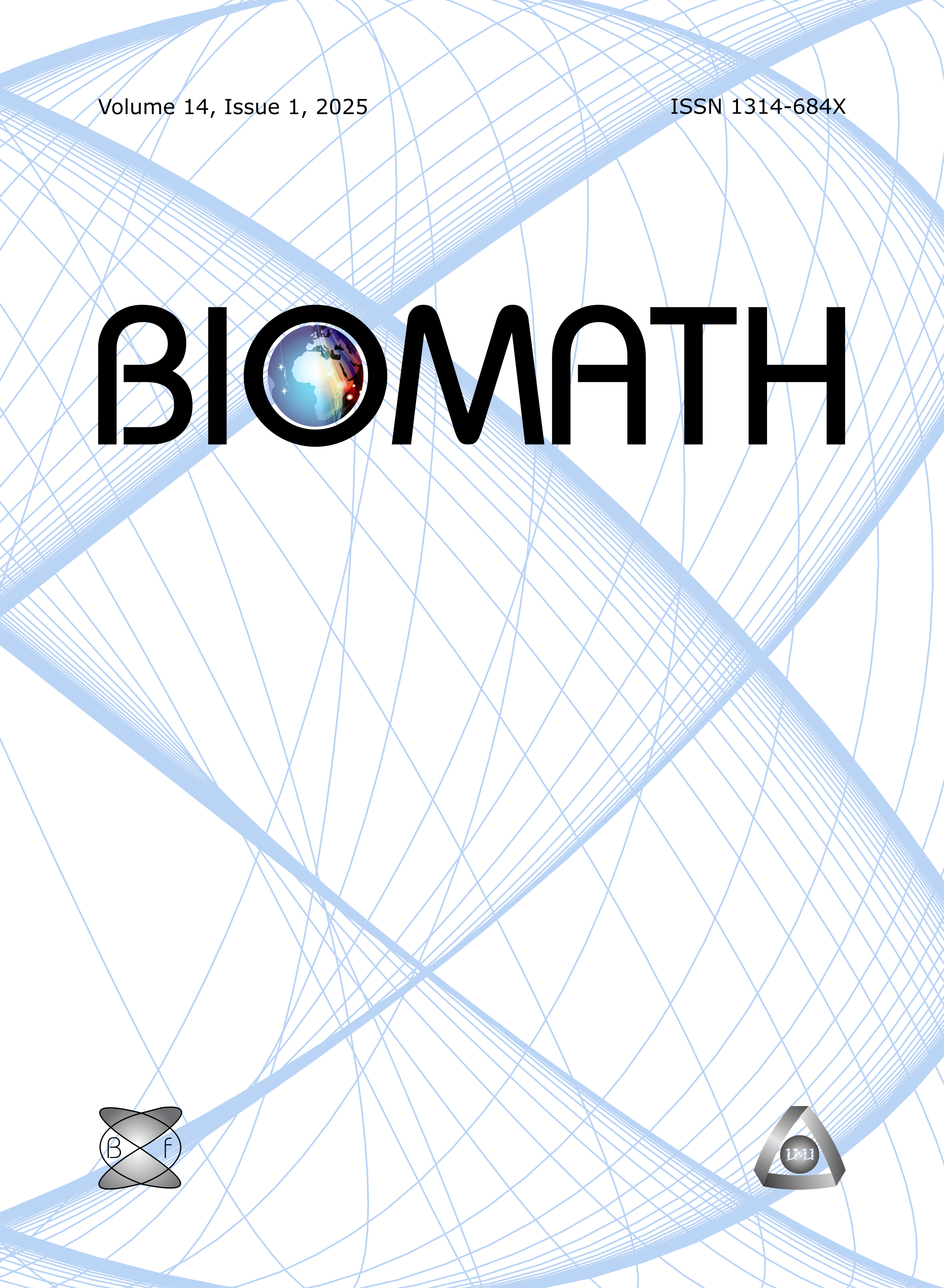Publication Ethics
Publication Ethics and Malpractice Policy
The journal Biomath and its publisher, Biomath Forum subscribe to the guidelines and malpractice policies outlined by the Committee on Publication Ethics (COPE) and expect all editors, authors and reviewers to adhere to these best-practice guidelines for ethical behaviour.
Any alleged misconduct is regarded as serious and will be investigated. The right is reserved to confirm all institutions, funders, or regulatory bodies to whom the author claims affiliation, both before and after publication. If conclusive evidence of misconduct is found, scientific record correction will take place, which may include issuing a correction or retraction.
The journal editors, authors, peer-reviewers and publishers are required to meet these ethical standards at all stages of the publication process. The obligations on each of these parties include the following:
All authors should ensure the highest ethical standards with regard to the topics of originality, dual submission, plagiarism, data manipulation, competing interests, and compliance with standards of research ethics. Accurate data records and access to these data sets must be maintained. The submitted manuscript should not contain overlapping or closely related content to other manuscripts under consideration or acceptance for publication elsewhere. It is the author's responsibility to immediately inform the editor and publisher if any error in their publication is discovered.
Editors are expected to act fairly, objectively and without discrimination. In the event of complaints or ethical concerns the editor should act reasonably by allowing an opportunity for response to concerns, and by communicating clearly.
The reviewer should review manuscripts objectively and timely. Reviewers contribute to the quality of the journal and need to inform the editor of sub-standard work, discrepancies in data or substantial similarity to other published work. Any potential conflict of interest between the reviewer and author, funding agent or conflict of any other nature should be declared and the reviewer's involvement in these specific manuscripts should then cease.
The publisher should adhere to good publishing practices at all times.
Misconduct can be reported to the editor and/or publisher at any time, by any person. The report should provide sufficient information and evidence in order for an investigation to be initiated. All allegations of misconduct will be regarded as serious and handled on a non-discriminatory and fair basis.
Investigation will proceed upon the sole and final decision of the Editor in Chief and the publisher. Confidentiality should be maintained as far as possible until misconduct can be proven. Minor misconduct can be dealt with by communicating with the author/reviewer and allowing a response. In the case of serious misconduct, the author's/reviewer's institutions of affiliation will be informed and the editor and publisher will decide on an investigation plan.
After misconduct has been established, the following of outcomes may be applied when the seriousness of the misconduct has been determined: The author/reviewer will be informed, formally and in writing, of the misconduct. COPE guidelines will be followed and the journal reserves the right to inform authors' institutions of affiliation about plagiarism detected either before or after publication. A formal retraction or withdrawal of a publication from the journal may take place. The case will be reported to an appropriate professional organisation or higher authority for further investigation.

